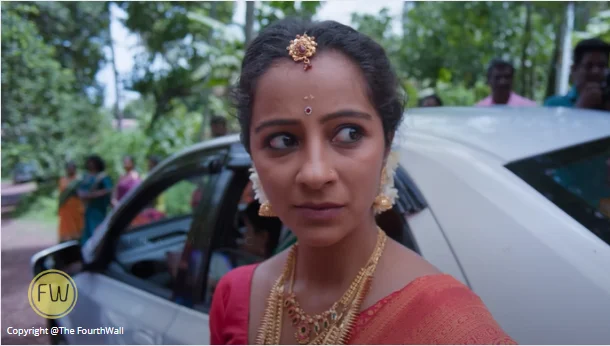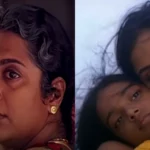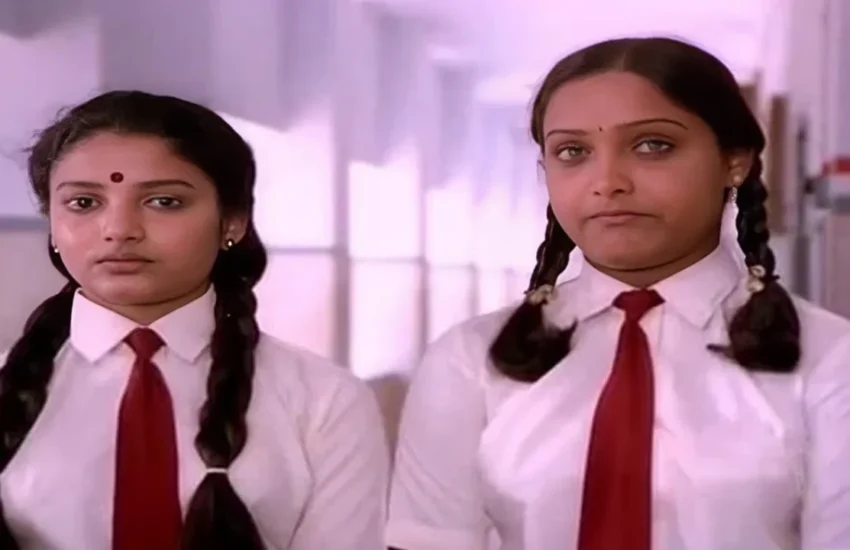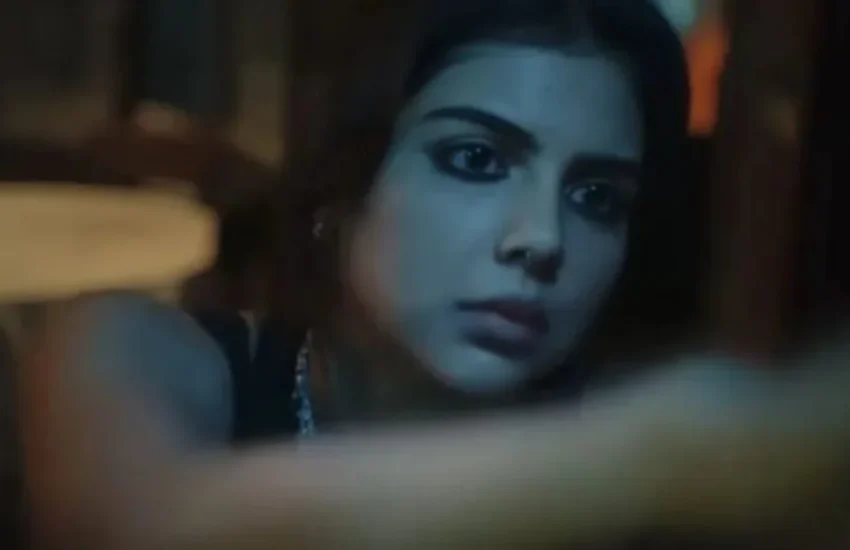Comedy as a Catalyst: Using Humor to Tackle Tough Social Issues in Film
Jaya Jaya Jaya Jaya Hey (JJJH) or The Great Indian Kitchen; if you had to watch either of these movies again, which would you pick? I’ll go first; I’ll pick JJJH. Why? Because it’s funny and light-hearted and will help me get through the day while also inspiring me with female characters who are done taking shit from people and are learning to stand up for themselves. Not that The Great Indian Kitchen is a boring or uninspiring movie. There could not be a movie so strong in its narrative, so intriguing and disturbing (disturbing because we are hit with the fact that it is the reality of every woman, old and young, around us). The Great Indian Kitchen makes us question all our beliefs; we start looking around the women in our houses with more concern.
JJJH does almost the same but what it does differently is, it makes us laugh.
Also Read: Why Jaya Jaya Jaya Jaya Hey is the most entertaining film dealing with domestic violence
How movies create a social revolution
The role of films and shows in breaking the stereotypes and questioning the patriarchal belief system is bigger than one can imagine. While films paint a picture of how societies can be, they also have the power to redefine social standards.

Over the years, we have had so many movies that addressed issues of major societal concerns. Taare Zameen Par showed us how dyslexia should be looked after while Thappad showed the deep-rooted patriarchy entrenched in our households. Movies like these have made us think and question a lot of things. It has helped us learn and unlearn our beliefs and practices.
Relevance of using humor in creating this revolution
All of us are in our own struggles, getting through the day one by one. And by the end of the day, it is good laughter that we will go for if given a choice.
The fact remains that most Indians love movies as an entertainment factor, something to come back to after an exhausting day. A movie with a serious tone has a chance of making them prefer another film, and may thus miss an opportunity to create an impact, no matter how small it is.
Social satires or movies addressing social issues with a tinge of humor serve two purposes at one: 1) Entertainment
2) Creating a conversation by challenging our belief system.
We have social issues that are still far from understanding for the common man. Patriarchy, feminism, gender orientation, and caste-based differences are a few to mention. The discussions around these issues still create confusion among a lot of people. There are certain biases that our society has towards these issues which may not go away just like that. When Thappad was released in 2020, I remember many people not understanding the intent of the film. They kept asking the same question: What’s in a slap, while the whole movie, in every scene, every dialog, showed that it is not just a slap! The same goes for The Great Indian Kitchen. Many people, accepted that it may be socially relevant and deep in its meaning, but skipped watching it because they got “bored”. They did not even want to put an effort in understanding the deeper digging that these movies do. Let me rephrase that: “They were not tempted to” as they felt that it is not something that would have their interest. The films though so powerful are yet to reach a wider audience.
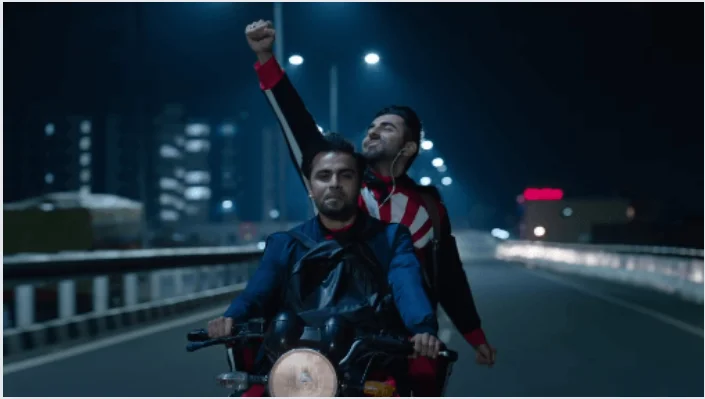
Would you have watched Mohanlal’s Spirit, if it just showed how alcoholism can kill you in a very serious tone? The chances of people watching Subh Mangal Zyaada Saavdhan (SMZS) are higher over Aligarh. The impact of SMZS in normalizing homosexual romance in a commercial canvas is very significant and humor has a pivotal role to play here (popular faces being the other).
Also Read: Subh Mangal Zyaada Saavdhan and addressing homophobia
Limitations and challenges to this approach
It makes no sense to go about adding humor in every movie trying to create a discussion on a very relevant subject. What needs to be spoken seriously should be spoken seriously. The relevance of humor becomes prominent in addressing complex issues like gender discrimination and sexual orientation. These are topics that are still far from being understood by many people, including me and you.
The major challenge of using humor in socially relevant movies comes when presenting the matter itself. While humor catches the attention, in no way should it diminish the seriousness of the subject in the picture.
One is not better than the other
Article 15, Aligarh, Jai Bhim, and Thappad are all films that could not be done any other way. So are films like JJJH, Darlings, and Godha. Humor is however a medium that has strength beyond what we can imagine. The whole idea behind this article arose from my curiosity to understand how humor and social relevance can be incorporated to make a film that has everyone’s attention or maybe reaches a larger audience.
The bottom line is, humor not only makes us laugh, but it can also make us think.
Image Courtesy: Youtube

I can’t stop talking about films, so I blog!
I started The FourthWall, my film blog, to share my thoughts on films and shows with fellow movie buffs, and over the years it has become my happy place. Come join in for some interesting conversations on cinema… and sometimes books and fashion!

